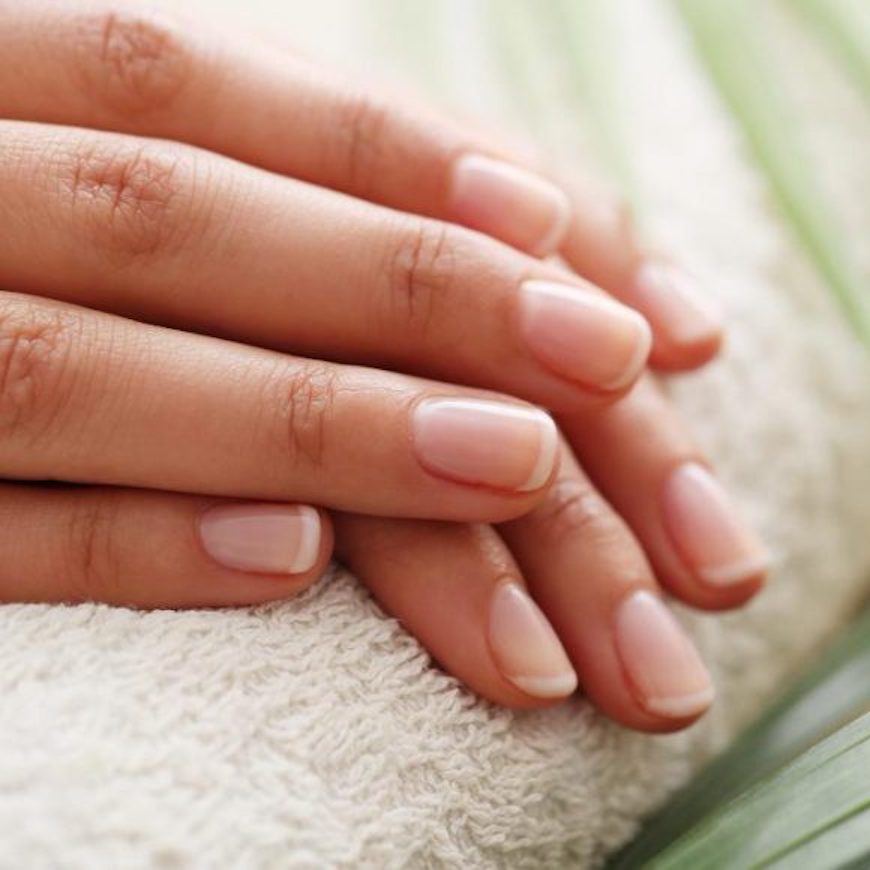Nail-biting is a common habit that many people develop in childhood and often carry into adulthood. While it might seem harmless, the effects of biting nails can be more significant than you’d expect. This guide explores the surprising consequences of nail-biting and offers insights into how to break the habit.
Understanding the Nail-Biting Habit
Why Do People Bite Their Nails?
Nail-biting, also known as onychophagia, is often triggered by stress, boredom, or anxiety. It can provide a temporary sense of relief or focus during moments of tension. For some, it may be an unconscious action tied to deeper psychological patterns, such as perfectionism or a need for control. Children may start biting nails out of curiosity or as a way to cope with changes in their environment, and the habit can persist if not addressed early.
Is Nail-Biting Really a Problem?
Although it’s commonly dismissed as a minor bad habit, biting nails can lead to a range of physical and psychological issues. It’s not just about aesthetics; the act of nail-biting affects your overall health and hygiene. The more ingrained the habit becomes, the harder it is to stop, making it essential to recognize and address it early on.
Damaging Your Nails and Cuticles
What Happens to Your Nails?
Chronic nail-biting can cause significant damage to the nail bed, leading to nails that are uneven, weak, and brittle. This damage might hinder proper nail growth, resulting in nails that look distorted or discolored. Over time, these changes can become permanent, making it challenging to restore your nails to their original state. The damage also extends to the protective keratin layer, which makes your nails more vulnerable to external harm.
Impact on the Cuticles
When you bite your nails, the cuticles often suffer collateral damage. Cuticles are essential in protecting the area where the nail grows, and their damage can result in painful tears and hangnails. These small injuries can easily become infected, causing redness, swelling, and discomfort. Neglected cuticle health can lead to chronic issues that affect not just the nails but also the surrounding skin.
Increased Risk of Infections
Germs on Your Hands and Under Your Nails
Your hands and nails come into contact with countless surfaces throughout the day, collecting bacteria, dirt, and other germs. When you bite your nails, you introduce these microorganisms directly into your mouth. This behavior increases your risk of developing oral infections, such as gum disease, and systemic illnesses like colds, flu, and stomach infections. Studies have shown that nail-biting can significantly raise the levels of harmful bacteria like E. coli in the mouth.
Nail Biting and Skin Infections
Beyond oral health, biting nails can create openings in the skin around your nails, providing an entry point for bacteria and fungi. These pathogens can lead to infections like paronychia, characterized by redness, swelling, and pus around the nail. Severe cases might require antibiotics or surgical drainage. Prolonged exposure to germs can also weaken your immune response, making infections more frequent and harder to heal.
Dental Problems from Nail-Biting
The Strain on Your Teeth
Biting nails exerts unnatural pressure on your teeth, which can result in chips, cracks, and enamel erosion. Over time, this habit can cause significant dental problems, including misaligned teeth and increased sensitivity. Teeth are not designed to withstand the repetitive stress of nail-biting, and the damage often necessitates costly dental interventions like crowns or veneers.
Jaw Issues
Frequent nail-biting places strain on your temporomandibular joint (TMJ), which connects the jawbone to the skull. This can lead to disorders characterized by pain, stiffness, or clicking sounds in the jaw. Persistent stress on the TMJ might even cause headaches and difficulty chewing, affecting your overall quality of life.
Psychological Effects of Nail-Biting
Embarrassment and Low Self-Esteem
Many individuals who bite their nails feel ashamed of their hands’ appearance. This embarrassment can lead to social anxiety, as they might avoid situations where their hands are visible, such as handshakes or presentations. Over time, the habit’s visible effects can erode self-confidence and hinder personal and professional interactions.
Link to Anxiety and Stress
Nail-biting is often a coping mechanism for dealing with anxiety or stress. While it provides temporary relief, the habit can perpetuate a cycle of stress, as the consequences of nail-biting (like pain or infections) create additional worries. Understanding and addressing the emotional triggers behind nail-biting is crucial for breaking the habit.
Impacts on Overall Health
Weakening Your Immune System
When you bite your nails, you expose your body to a steady stream of germs and bacteria. This constant exposure can weaken your immune system, making it harder for your body to fend off illnesses. Frequent illnesses, such as colds or flu, might indicate that nail-biting is compromising your health.
Digestive Issues
Biting nails can also lead to digestive problems if you ingest fragments of nails or bacteria. These particles can irritate the stomach lining, causing discomfort, nausea, or infections. In extreme cases, persistent ingestion of nail fragments might lead to the formation of bezoars, which require medical intervention.
Breaking the Nail-Biting Habit
Tips to Stop Biting Nails
- Identify Triggers: Keep a journal to track when and why you bite your nails. Knowing your triggers allows you to address them proactively.
- Keep Your Hands Busy: Replace nail-biting with healthier habits like squeezing a stress ball, knitting, or drawing.
- Apply a Bitter-Tasting Nail Polish: Products designed for nail-biters can create a negative association with the habit, helping you reduce the urge to bite.
- Practice Mindfulness: Techniques like meditation, deep breathing, or yoga can help you manage stress and anxiety, reducing the impulse to bite your nails.
- Maintain Your Nails: Regular manicures or artificial nails can make your nails less appealing to bite. Seeing your nails well-groomed can also motivate you to maintain their appearance.
Read also: Natural Ways to Fix Your Weak, Brittle Nails
Professional Help
If you’re struggling to quit on your own, seeking professional assistance might be the best option. Therapists specializing in cognitive-behavioral therapy (CBT) can help you uncover and address the underlying causes of nail-biting. They can also teach you effective coping strategies to replace the habit with healthier behaviors.
A Healthier You Starts Today
Biting nails may seem like a harmless habit, but it can have far-reaching effects on your physical and mental health. From infections and dental problems to psychological stress, the consequences are significant. Understanding these risks is the first step toward change. By implementing the tips outlined in this guide, you can break free from nail-biting and enjoy healthier hands, improved confidence, and better overall well-being.

Hi, I’m Emma R. ✅
Passionate beauty blogger sharing expert tips, honest reviews, and the latest trends to help you glow inside and out.




